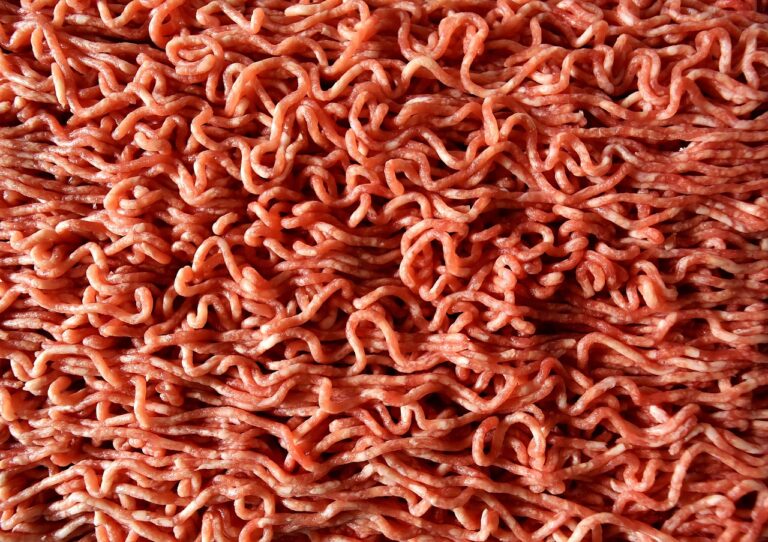Understanding the Link Between Diet and Gastrointestinal Health: Bet bhai.com, Cricket99 bet login, Diamondexch9.com
bet bhai.com, cricket99 bet login, diamondexch9.com: Understanding the Link Between Diet and Gastrointestinal Health
Our gastrointestinal system plays a crucial role in our overall health and well-being. It is responsible for digesting the food we eat, absorbing nutrients, and eliminating waste. It’s no surprise then that our diet has a significant impact on our gastrointestinal health. In this article, we will explore the link between diet and gastrointestinal health, and how you can make informed choices to support a healthy gut.
How Diet Affects Gastrointestinal Health
The foods we eat can either support or harm our gastrointestinal system. A diet high in processed foods, sugar, and unhealthy fats can lead to inflammation in the gut, dysbiosis (an imbalance of good and bad bacteria), and gastrointestinal disorders such as irritable bowel syndrome (IBS) and inflammatory bowel disease (IBD). On the other hand, a diet rich in whole foods like fruits, vegetables, whole grains, and lean proteins can promote a healthy gut microbiome and reduce the risk of gastrointestinal issues.
Key Nutrients for Gastrointestinal Health
Certain nutrients play a crucial role in supporting gastrointestinal health. These include fiber, probiotics, prebiotics, and omega-3 fatty acids. Fiber helps promote regular bowel movements and supports the growth of healthy gut bacteria. Probiotics are beneficial bacteria that can help maintain a healthy gut microbiome, while prebiotics are non-digestible fibers that feed these probiotics. Omega-3 fatty acids have anti-inflammatory properties that can help reduce inflammation in the gut.
Foods to Support Gastrointestinal Health
Including a variety of foods in your diet can help promote gastrointestinal health. Some foods that are particularly beneficial for the gut include:
1. Yogurt and kefir: These fermented dairy products are rich in probiotics that can help support a healthy gut microbiome.
2. Berries: Berries are high in fiber and antioxidants, which can help reduce inflammation in the gut.
3. Leafy greens: Leafy greens like spinach, kale, and Swiss chard are rich in fiber and nutrients that support gastrointestinal health.
4. Whole grains: Whole grains like quinoa, brown rice, and oats are high in fiber and can help promote regular bowel movements.
5. Fatty fish: Fatty fish like salmon, sardines, and mackerel are rich in omega-3 fatty acids that can help reduce inflammation in the gut.
6. Garlic and onions: These pungent vegetables contain prebiotics that can help feed beneficial gut bacteria.
How to Improve Your Diet for Gastrointestinal Health
Making small changes to your diet can have a big impact on your gastrointestinal health. Here are some tips to help you improve your diet for a healthy gut:
1. Eat a variety of foods: Including a variety of fruits, vegetables, whole grains, and lean proteins in your diet can help ensure you get a range of nutrients that support gastrointestinal health.
2. Limit processed foods: Processed foods like chips, cookies, and fast food are often high in unhealthy fats, sugar, and additives that can harm your gut microbiome.
3. Drink plenty of water: Staying hydrated is important for digestion and can help prevent constipation.
4. Limit alcohol and caffeine: Alcohol and caffeine can irritate the gastrointestinal tract and disrupt gut health.
5. Manage stress: Chronic stress can have a negative impact on gastrointestinal health, so finding ways to manage stress like exercise, meditation, and deep breathing can be beneficial.
6. Consider working with a dietitian: A registered dietitian can help you create a personalized nutrition plan to support your gastrointestinal health.
FAQs
Q: Can diet alone cure gastrointestinal disorders like IBS or IBD?
A: While diet can play a significant role in managing gastrointestinal disorders, it is usually part of a comprehensive treatment plan that may also include medication, lifestyle changes, and other therapies.
Q: Are there specific diets that are recommended for gastrointestinal health?
A: Some diets that are often recommended for gastrointestinal health include the low FODMAP diet, the Mediterranean diet, and the gluten-free diet for individuals with celiac disease.
Q: How long does it take to see improvements in gastrointestinal health after changing your diet?
A: The timeline for seeing improvements in gastrointestinal health after changing your diet can vary depending on the individual and the specific issues they are dealing with. Some people may notice improvements within a few weeks, while others may take longer.
Q: Are there any foods that should be avoided for gastrointestinal health?
A: Some foods that may worsen gastrointestinal issues for some people include spicy foods, high-fat foods, dairy products (for individuals with lactose intolerance), and certain artificial sweeteners.
Q: Can supplements help support gastrointestinal health?
A: In some cases, supplements like probiotics, digestive enzymes, and fiber supplements can be beneficial for supporting gastrointestinal health. However, it’s important to consult with a healthcare provider before starting any new supplements.
In conclusion, our diet plays a crucial role in our gastrointestinal health. By making informed choices and including a variety of nutrient-rich foods in our diet, we can support a healthy gut microbiome and reduce the risk of gastrointestinal issues. Remember to listen to your body, make small changes over time, and consult with a healthcare provider or dietitian if you have concerns about your gastrointestinal health.







